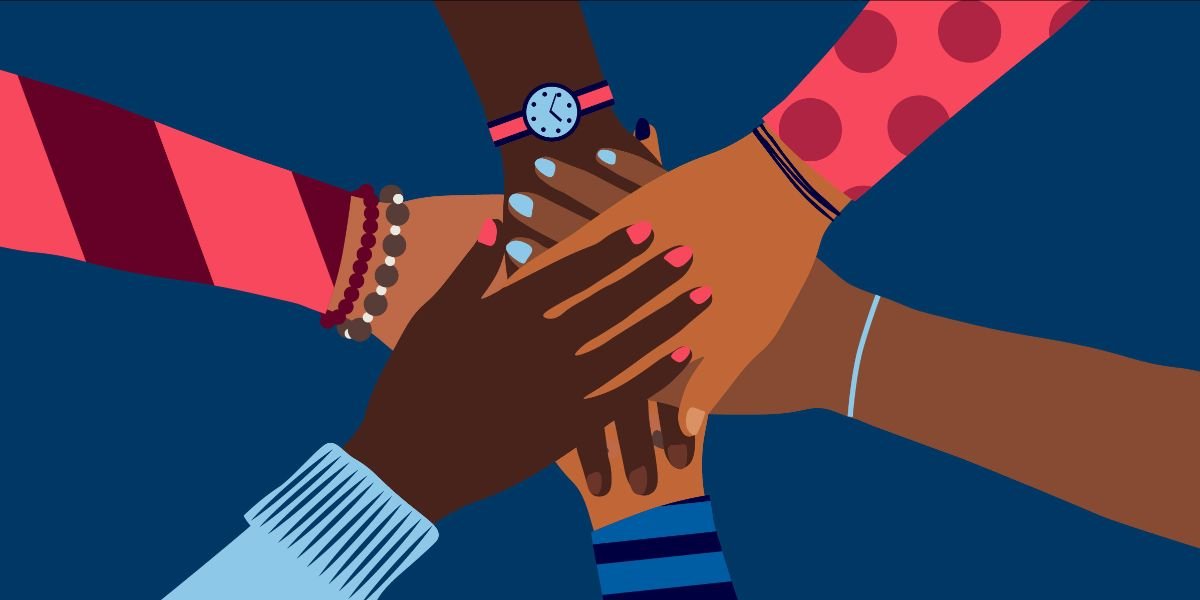One of our primary goals for Peoplestown residents is economic stability. A big part of this is financial literacy. Through our programs like Supports for Success, we connect individuals and families with partner agencies to provide services, educational support, and financial literacy training.
In honor of National Financial Literacy Month, we’d like to share a new partnership with PNC Bank. PNC uses Mobile Banking Units (MBUs) to extend essential banking services into low and moderate-income communities. In addition to banking services, MBUs provide financial education for homebuyers and money management strategies to help reduce residents’ reliance on high-fee check cashing and predatory lending.
The PNC truck is on the Emmaus House campus every Tuesday morning from 9:00 am - 11:00 am, offering all the services and benefits of a mobile branch.
Financial Stability Starts At Home
We recently revised our strategic plan to focus on three priorities:
Creating a ladder to economic opportunity that leads to household stability
Providing multigenerational education that supports economic mobility for the next generation
Optimizing Emmaus House assets for increased community impact
We’re proud to partner with organizations and companies that prioritize education and access over profits. Economic opportunity can come from many places, but to achieve stability, financial literacy is essential.










